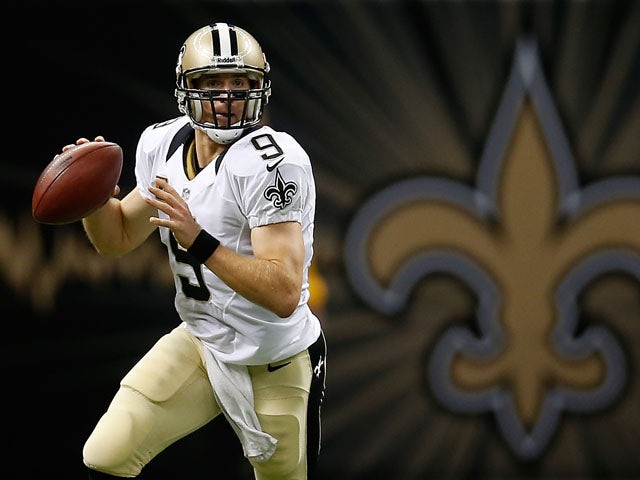American football is now the most popular sport in the United States. At the start of the autumn every year the teams once more start the season with the hope of becoming Super Bowl champions. The championship is decided about five months later and the whole thing starts again. It is tradition.
This is how all NFL fans know their football. Their sport follows a predictable pattern, even if the Super Bowl can throw up surprises. However, there has been plenty of unrest between players and the league's management in the past and none more so than the strike that started on this day in 1982 for the best part of eight weeks.
Nowadays the teams have an upper salary cap limit, which was collectively agreed to be implemented in 1994, and which stands at £76.5m for the 2013 season. There are ways that teams get around this, such as adding signing bonuses to the contracts, but the bottom line is that there is big money in the game nowadays and the players get a lot of it. Drew Brees of the New Orleans Saints, for example, agreed a new deal last season worth £25m.
 © Getty Images
© Getty Images
Job satisfaction has not always been quite so high, and never quite so low as the 1982 season. The underlying theme for the strike was that the NFL players of the time wanted more money. The players' union, the NFLPA, wanted their salaries to be 55% of a team's gross revenue. Before this, there was no rule to wages and indeed on several teams backup players were earning more than the starter in their position.
The league essentially told the NFLPA where to go and so they did. The strike was officially announced on September 20, but did not come into force until after the match between Green Bay Packers and the New York Giants, during which time talks were still ongoing. Nothing to be agreed, however, and in the end it was to be the fans who would miss out.
With the NFL season short as it is, even a week or two without games could cause an issue. There were no games between September 21 and November 16, in total 57 days and nearly eight weeks would pass without a ball thrown in anger. The only matches that were played in between were two ironically named AFC-NFC 'all-star' games. Ironic because only a handful of NFL players were willing to cross the picket line.
The season was effectively ruined because of this disagreement. The regular 16-game season had to be cut to just nine and the post-season extended from eight teams to 16 with a new tournament format. Perhaps the key thing was that the NFLPA agreed that the players would get severance pay on retirement, higher salaries and pay for after the regular season.
The five year deal ran out and led to the strike in 1987, but few can argue that the league is in a worse state in the modern day. Players perhaps get overpaid for the job that they do, but the NFL fans have probably long forgotten the time that their beloved teams went on strike.








